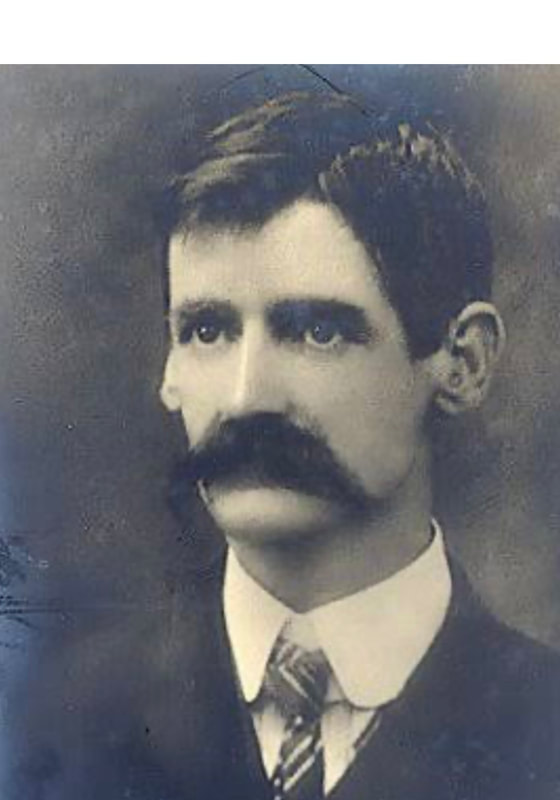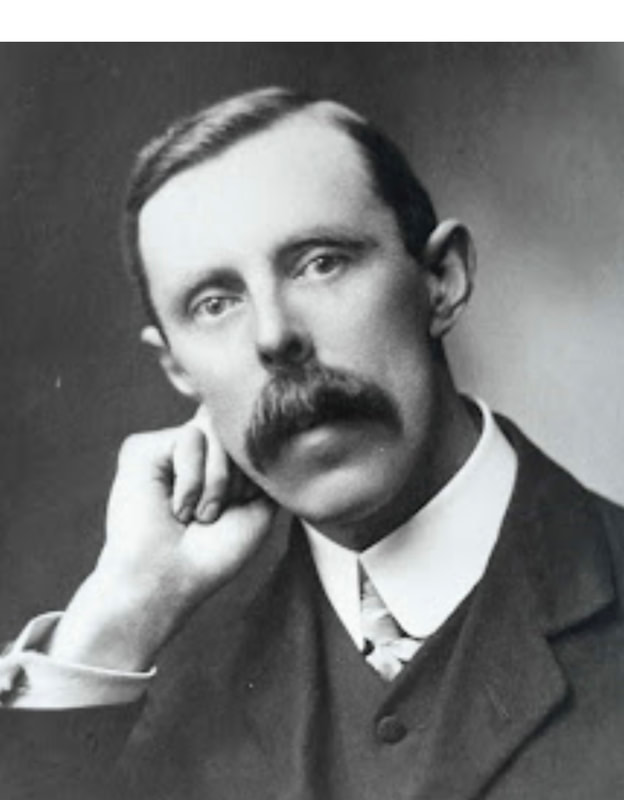|
Just before the turn of the twentieth century, a young Australian and a young English immigrant landed in the South Island of New Zealand, both destined to become remarkable storytellers. At thirty, Henry Lawson had already carved his name into the minds of Australians hungry for a storyteller who could speak to them about themselves with an authentic, native voice. Tragically, his stay in ‘Maoriland’ as he called it, was a disaster and his personal life spiralled down into alcoholism from this point on. He was bitterly disappointed with the critics’ reception of his torrent of writing. Just the same, a century or more later, his poems and short stories are still being studied by school children across Australia. Twenty-five-year-old Frank Boreham arrived in Dunedin, an unknown English clergyman with a sharp eye for characters and an untried gift for crafting the humblest event into a tale of cosmic significance. The pulpit of his tiny congregation of craggy Scots in Mosgeil on the Southern-most tip of ‘The Land of the Long White Cloud’, became the springboard which launched him as ‘the greatest Christian essayist of all time.’ (Gordon Moyes) Yet, today he remains mostly unknown. In his infancy, a gypsy woman leaned over Frank’s pram and predicted, “Put a pen in his hand and he’ll never want for anything!” Frank preferred to say his destiny was set early by being the son of the most inquisitive man on Earth (his father Francis had a contagious fascination with flora and fauna) and having a mother who was its best storyteller.
The fire for narrating was lit in Fanny Boreham by a chance meeting in the famous Canterbury Cathedral when she was a young woman. A gentleman had noticed her waiting for a friend who never showed up and he kindly offered to be her tour guide. The heroes and historic moments written into the cathedral’s walls came to life in her imagination under his master-touch. She recounted to her children, gathered round her as they did each Sunday evening, “Concerning every pillar and arch, every cranny and crevice, my eloquent guide had a tale to tell.” Later, when Fanny examined the card the anonymous storyteller gave her, she was startled to see the name CHARLES DICKENS. The story remained fresh and clear in her son’s mind. “To my dying day, the Dickens evening at my mother’s feet will live in my memory like a fragrance that can never fade.” Both Henry and Frank had childhood afflictions to overcome. Henry’s deafness drove him to be an acute observer of character and he was brilliant at sketching the battlers. His writings were tinged with moroseness and melancholy and he preached a gospel of Hard Knocks and Mateship. He struggled to connect with God. A railway carriage severed teenage Frank’s foot and though from then on, he limped on a prosthetic, his injury gave him great empathy for the people he met and served. He never played the invalid and further serious falls which broke his leg and damaged his hip, failed to cripple his writing. He preached a warm gospel of a God-who-knows-and-cares. The Borehams weren’t wealthy and Frank got a tertiary education through the community-driven Mechanics Institute. Spotted as a gifted street-preacher, he found himself being shaped in the training college of the man declared England’s ‘Prince of Preachers” - Charles Spurgeon. But his lifelong habit of buying and mastering a book a week was his homegrown university course. In particular, he absorbed the biographies of practical men and women who had left an indelible mark on the world because of their robust faith in Jesus. The series of talks he gave in Hobart and Melbourne on the texts that energised these famous lives were compiled into a book that was to sell in the millions and go through 32 reprints! All across the globe, preachers and pastors of every denomination were profoundly impacted by the Baptist preacher from Down Under. Frank Boreham was heralded to an assembly of Presbyterian Pastors in Scotland in 1936 as, “The man whose name is on all our lips, whose books are on our shelves and whose illustrations are in all our sermons.” Famous evangelist Billy Graham paid tribute to the influence of the gentle Melbourne preacher by asking to meet him on his first visit to Australia in 1959. Figuring very early that he should match barristers in presenting his case and actors in entertaining their audience, Frank visited courtrooms and theatres to equip himself with the skills that enabled him to communicate with vigour, passion, and interest. He worked hard at his craft producing 3000 weekly editorials in the years between 1912 and 1959. As the years went by, large crowds came to hear ‘the storytelling preacher’ paint his artistic word pictures. He was ahead of his time in his use of the media. At the start of his preaching career, he was told he was too wafty and long-winded, so he set about cropping his weekly sermons into stories suitable for secular newspapers. In time, he edited these into 55 volumes which swept to world-wide popularity. His prolific output saw him eventually rated the best-selling Australian author of all time. It's a measure of Frank Boreham’s humility that he was stunned as an older man at the wave of gratitude and admiration that met him on a tour of North America, Ireland and England. It was only then he realised that the long years of solitary research and writing had touched the lives of tens of thousands. It was the kind of reach and acclaim that Henry Lawson craved for, but never achieved. Both Henry and Frank loved shaping ordinary things and people into miniature masterpieces. Frank’s distinctive was his eye for seeing the majesty of God in things like bridges arching over chasms, the shouts of newspaper boys or the sight of storks feeding at the beach. In this he mirrored the storytelling maestro - Jesus. “One of Jesus’ great lessons is to get men to look for God in the commonplace things...When Jesus speaks of the highest and holiest things, he is as simple and natural as when he is making a table in the carpenter’s shop. Sense and sanity are the marks of his religion.” (T R Glover) That could equally be said of Frank Boreham - the joyous wordsmith Australia has forgotten to remember.
0 Comments
Leave a Reply. |
AuthorJoin The Outback Historian, Paul Roe, on an unforgettable journey into Australia's Past as he follows the footprints of the Master Storyteller and uncovers unknown treasures of the nation. Archives
October 2023
Categories
All
|
|
Sponsored by
|
Privacy Policy
|
|
Copyright 2020 by The Outback Historian
|
Site powered by ABRACADABRA Learning
|



 RSS Feed
RSS Feed

